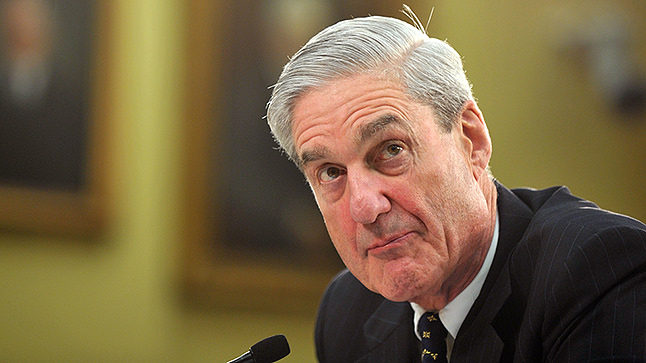Special Counsel Robert Mueller was validly appointed under the U.S. Constitution and federal laws governing special prosecutors, the D.C. Circuit ruled Tuesday (Feb. 26).
The ruling in the case, known as In re Grand Jury Investigation, is an unsurprising but nonetheless important victory for Mueller, who is said to be wrapping up his investigation of Russian interference in the 2016 presidential election. Four federal district judges have found that Mueller’s appointment was proper, but Tuesday’s opinion from a D.C. Circuit panel is the first time an appeals court has weighed in on the issue.
In May 2017, Deputy Attorney General Rod Rosenstein appointed Mueller to lead the investigation of Russian interference and related matters. Rosenstein made the appointment because then-Attorney General Jeff Sessions—who normally would have made the appointment—had recused himself from investigations involving the presidential campaign.
One aspect of Mueller’s investigation led to Andrew Miller, a former associate of political consultant Roger Stone. Miller refused to testify before Mueller’s grand jury, and he argued that Mueller’s appointment was invalid under the Constitution’s Appointments Clause for several reasons—all of which Circuit Breaker analyzed in depth after the case was argued in November.
Many constitutional scholars considered Miller’s challenge a long shot (though at least one prominent scholar thought Miller was right). The stakes were high because a victory for Miller would have jeopardized the legitimacy of the entire Mueller investigation.
Judge Rogers, writing for the unanimous panel in a tight, 16-page opinion, dismantled each of Miller’s arguments. (She was joined on the panel by Judges Henderson and Srinivasan.) She said that Mueller has the status of an “inferior officer,” not a “principal officer”—meaning he did not need to be appointed by the president and confirmed by the Senate. And she further concluded that Congress properly authorized Rosenstein, acting in Sessions’ stead, to appoint a special counsel.
The ruling means that Miller will have to testify before the grand jury or potentially face jail time if he continues to refuse. But Rogers’s opinion may not be the last word. Miller’s attorney, Paul Kamenar, told Circuit Breaker Tuesday that he may seek en banc review by the full D.C. Circuit or ask the Supreme Court to review the case.
“The fact that the court took almost four months to decide this appeal after oral argument compared to the three days it took in December to decide another challenge to a Mueller subpoena issued to an unnamed foreign corporation, demonstrates that this was a serious and substantial challenge,” Kamenar said in an email, adding that he finds Rogers’s opinion “superficial” compared with the 92-page opinion from the district judge that was at issue on appeal.
Here is Rogers’s full opinion.
![]()

